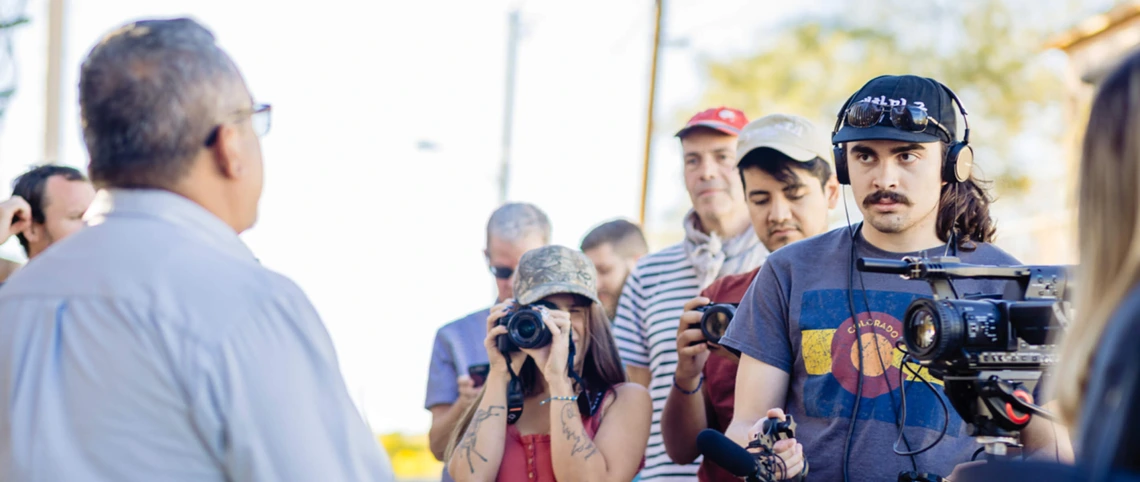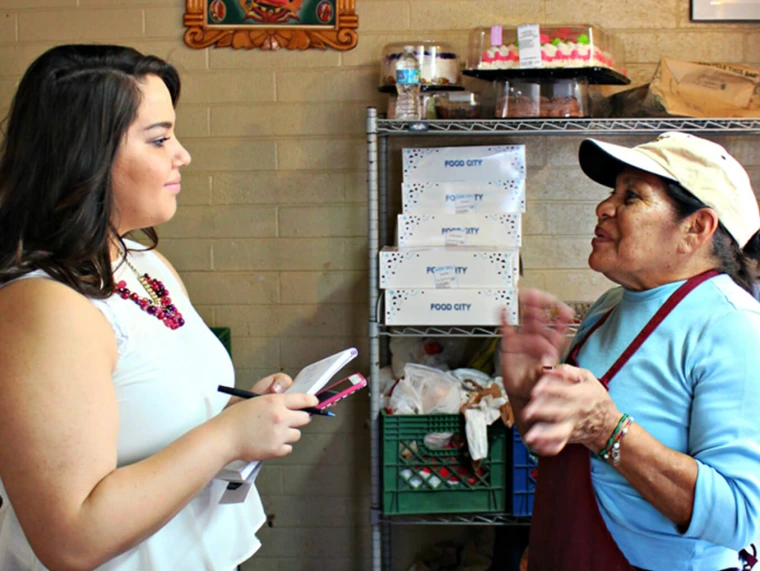
What is Bilingual Journalism?
Bilingual journalists can report in multiple languages to build bridges of understanding between communities and showcase issues that affect diverse audiences. In today's multicultural world, bridging the gap between communities is crucial. Bilingual journalists are the key, reporting in multiple languages to ensure everyone can access critical information. They illuminate issues that impact a wider audience, fostering understanding and amplifying diverse voices. The demand for Spanish-speaking journalists is rising, especially in the United States.
According to a 2017 report by Instituto Cervantes, the US has the second-highest concentration of Spanish speakers globally, after Mexico. By 2050, the US will have approximately 138 million Spanish speakers, making it the largest Spanish-speaking country globally. This increase establishes a need for US news media to focus on issues influencing Latinx communities.
If you’re multilingual and interested in using your skills to connect with vibrant multicultural communities and share their stories through the power of journalism, this career might be the right fit for you!
Bilingual Journalism Jobs
Bilingual journalism careers offer job descriptions similar to other journalism careers, such as gathering and developing stories, conducting interviews, reporting, and delivering that content in both English and/or a second language through written stories and video. Other careers could include:
Bilingual Journalism Degree
The Master of Arts in Bilingual Journalism from the University of Arizona Online is a cutting-edge program that offers professional and academic training for those who want to report on and/or for Latinx communities in the US and abroad.
The University of Arizona is a Hispanic-serving institution, and this degree advances the university's strategic goal of strengthening programs that invest in Hispanic students.
In this fully bilingual program, you will work alongside bilingual professors and Spanish-language and English-language media professionals to innovate and explore new ways of storytelling. In bilingual courses, you’ll benefit from understanding linguistic diversity and how to cater to bilingual communities. You’ll also be able to intern at Latinx media in the US and abroad, study abroad, or take classes at an affiliated campus overseas. The program explores solutions journalism, focusing on responses to social issues and the problems themselves.
Is Bilingual Journalism a good career?
Diversity is the future of journalism. Newsrooms with multicultural voices produce richer stories and build stronger connections with audiences. That's why media employers prioritize reporters who can bridge cultures and languages.
An MA in Bilingual Journalism is the springboard to a successful career in bilingual journalism. Sharpen your writing, reporting, and multimedia skills in both Spanish and English. Be prepared to hit the ground running and make a real difference in the media landscape.
LEARN MORE ABOUT THE MA IN BILINGUAL JOURNALISM









